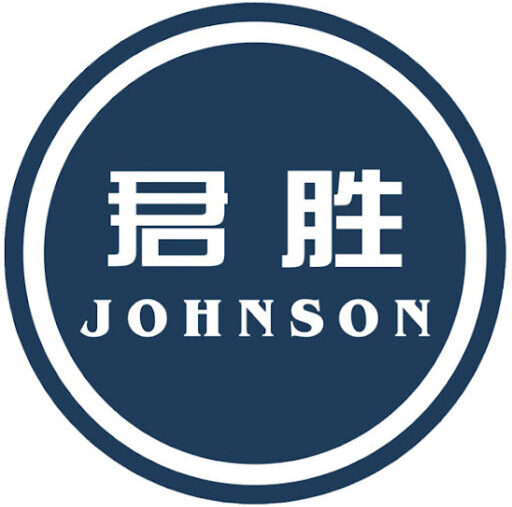Description of the revision of the trademark law

Description of the revision of the trademark law
The revised provisions of the Trademark Law of the People’s Republic of China were adopted by the 10th meeting of the Standing Committee of the 13th National People’s Congress of the People’s Republic of China on April 23, 2019, and will take effect on November 1, 2019.
The main contents of the revision including:
1. The consequences of “Malicious applications for trademarks that are not intended for use” are clarified:
a. Can be rejected during the application phase;
b. At the initial stage of the announcement, the prior rights holders and stakeholders have the right to raise objections accordingly.
c. Even if the registration has been successful, it can be invalidated by request.
2. The liability limit of compensation for “malicious infringement of trademark exclusive right” has been raised: after determining the damage amount, the amount of compensation is calculated by one to five times (three times before the modification) according to the degree of subjective malpractice.
3. Increase the maximum limit of infringement compensation: In the case that the specific amount cannot be determined, the court shall award compensation of less than RMB 5 million (3 million before the modification) according to the circumstances of the infringement. (Noted that the provisions of the trademark law, the amount of infringement compensation shall be determined by the amount of the plaintiff’s loss, the amount of the defendant’s illegal profit or by the court. In practice, most cases will adopt the third method).
4. Add the ” defacement” clause: When a court adjudicates a trademark dispute case, at the request of the right holder, the goods belonging to the counterfeit trademark shall be ordered to be destroyed except for special circumstances; the materials and tools mainly used for the manufacture of the goods that have counterfeit trademarks shall be ordered to be destroyed and shall not be compensated. In special circumstances, order to forbid the aforementioned materials and tools from entering the commercial channel and shall not be compensated.
5. Strengthen the regulation of trademark agencies. Where the trademark agency fails to exercise obligations in accordance with the requirements of the Trademark Law, the relative department may impose corresponding penalties. If the trademark agency has not fulfilled the relevant audit obligation for ‘malicious registration’, the authorities may warn or impose a fine to the responsible supervisor and other directly responsible personnel.
Generally speaking, although the total number of applications for trademarks in China is enormous, for example, in 2018, the number of applications exceeds 7 million, but the trademark usage rate in China is low. A considerable number of trademarks are “zombie” trademarks (unused or not in use. In addition, malicious registration, hoarding of trademarks and other unhealthy phenomena repeatedly occurred, and the existence of malicious registration and hoarding of trademarks has forced the law-abiding enterprises to register a large number of defensive trademarks, resulting in the number of applications is high.
Recently, the Supreme People’s Court published an annual report on intellectual property cases. The intellectual property courts of the Supreme People’s Court increased their patent and trademark cases in 2018, with a year-on-year increase of 103.6% and 80% respectively. It is expected that the number of cases will continue to grow in 2019.
The revision of the new trademark law will help to reduce the number of applications for malicious trademark registration. At the same time, the standard of modifying the compensation amount will greatly increase the cost of unlawful act and make the infringer pay a high price. On the other hand, it will also help the enterprises to improve their confidence of rights protection, and to effectively curbing trademark infringement.

